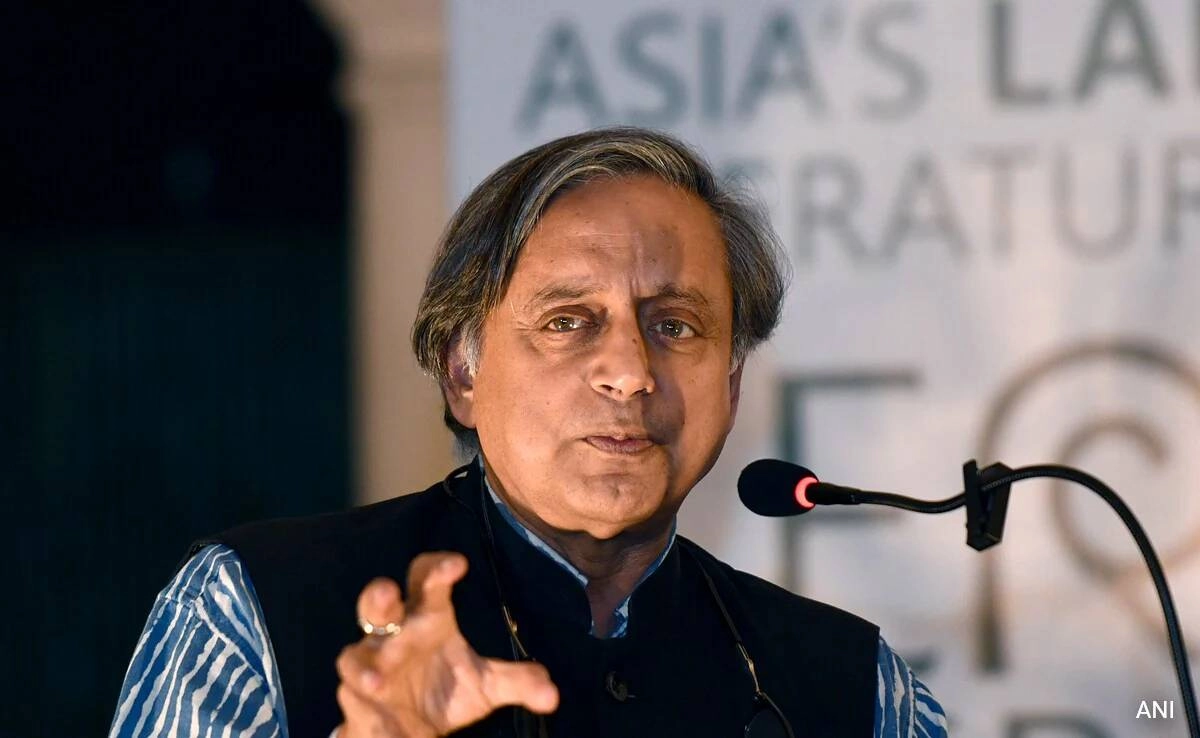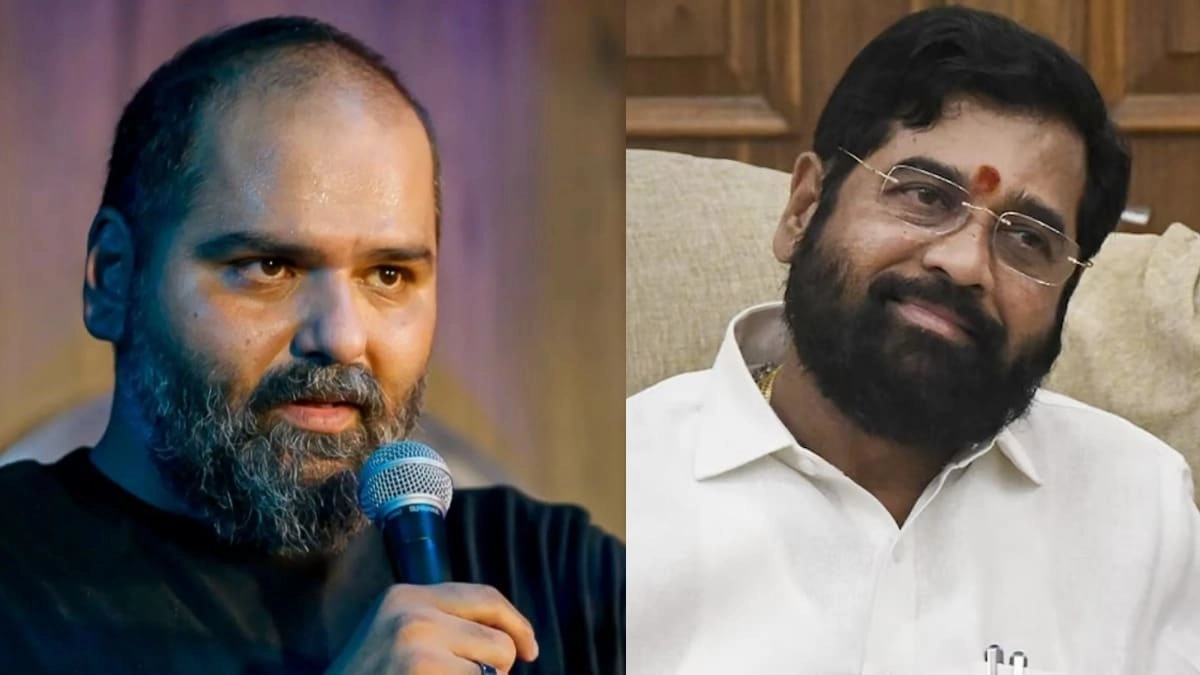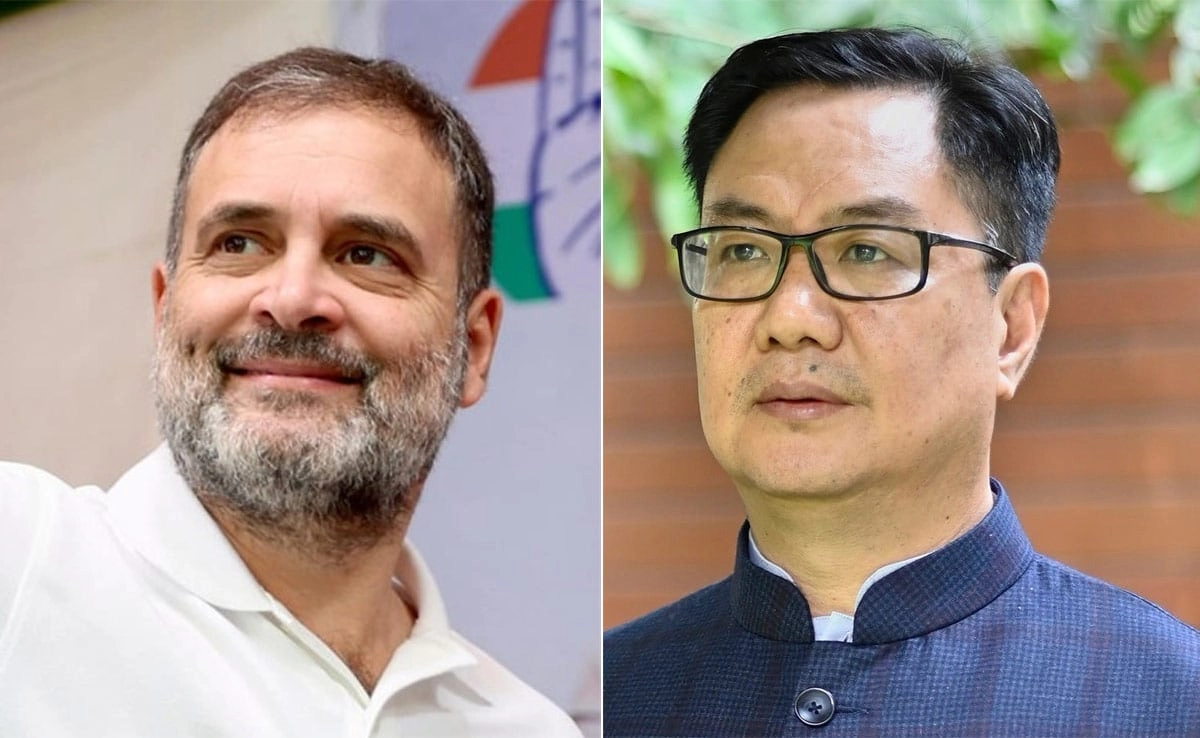Recently, former President Donald Trump announced a significant increase in tariffs on imports from India, raising them to unprecedented levels. This move has sparked considerable discussion regarding its implications for the U.S.-India trade relationship and the broader economic landscape. The increase in tariffs is expected to affect various sectors, including technology, textiles, and agriculture, which have long been vital components of trade between the two nations. The decision has drawn both support and criticism, with proponents arguing that it protects American jobs while detractors warn it could lead to retaliatory measures from India, further complicating an already tense trade environment.
In light of these developments, Indian politician and author Shashi Tharoor has weighed in with his perspective on how India should respond to the tariff hike. Tharoor emphasizes the importance of diplomatic engagement and strategic negotiations to address the challenges posed by the tariffs. He advocates for a proactive approach that involves reassessing India’s trade policies and strengthening its position in the global market. Tharoor suggests that India should explore diversifying its trade partnerships, seeking to build stronger ties with other countries to mitigate the impact of the U.S. tariffs. This strategy could not only help India navigate the current trade landscape but also bolster its economic resilience in the long run.
Furthermore, Tharoor underscores the necessity for India to bolster its domestic industries to reduce dependency on foreign markets. By investing in local manufacturing and innovation, India can enhance its competitiveness and create job opportunities for its citizens. This self-reliance approach aligns with the broader vision of Atmanirbhar Bharat (self-reliant India), which aims to empower the Indian economy and reduce vulnerabilities to external shocks. As the global economic order continues to evolve, India’s ability to adapt and respond to challenges such as tariff hikes will be crucial in shaping its future trajectory.
In summary, the doubling of tariffs by Trump on Indian imports presents both challenges and opportunities for India. With Shashi Tharoor’s insights on diplomatic engagement and domestic empowerment, India has a roadmap to navigate these turbulent waters. By focusing on resilience and strategic partnerships, India can not only withstand the immediate impacts of increased tariffs but also position itself for long-term growth and stability in an ever-changing global economy.




